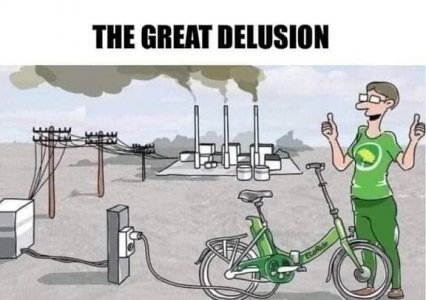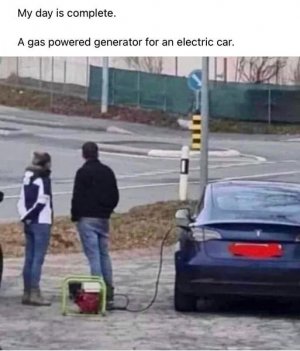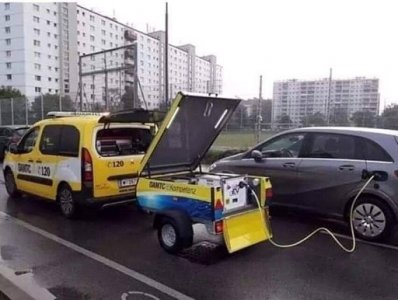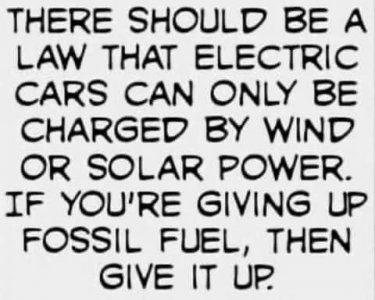Mr. Ed
Be what you is not what you what you ain’t
- Location
- Central NY
I lease my cars which means after 36 months I am guaranteed a new car should I want to continue leasing. Not much difference between paying off a lease agreement or loan payments except leasing a vehicle seems more cost effective for me. My lease agreement for the car I am driving comes to term February 2024 so there is plenty of time to research cars until then.
The Prius Prime plugin AWD comes in 2023, this years model is slow starting and sluggish. Maybe 2023 Toyota will address this.
My wife refuses to drive medium or large vehicles so that eliminates many vehicles for consideration. If I could, I would lease a hybrid SUV because there are more vehicles to choose from.
The Prius Prime plugin AWD comes in 2023, this years model is slow starting and sluggish. Maybe 2023 Toyota will address this.
My wife refuses to drive medium or large vehicles so that eliminates many vehicles for consideration. If I could, I would lease a hybrid SUV because there are more vehicles to choose from.






